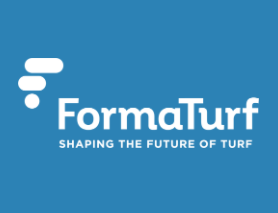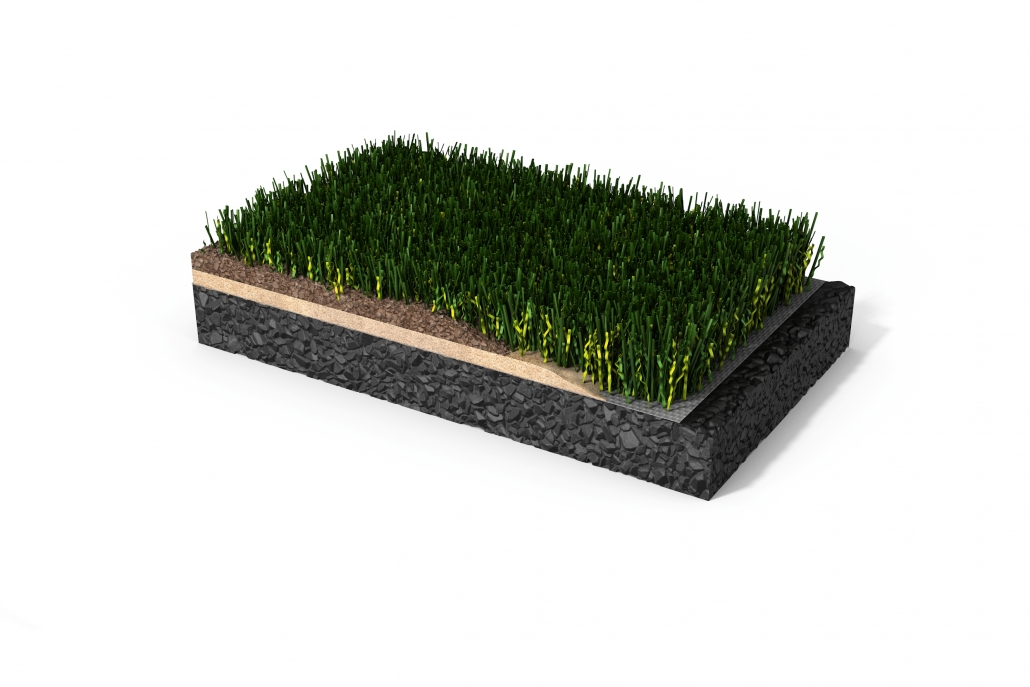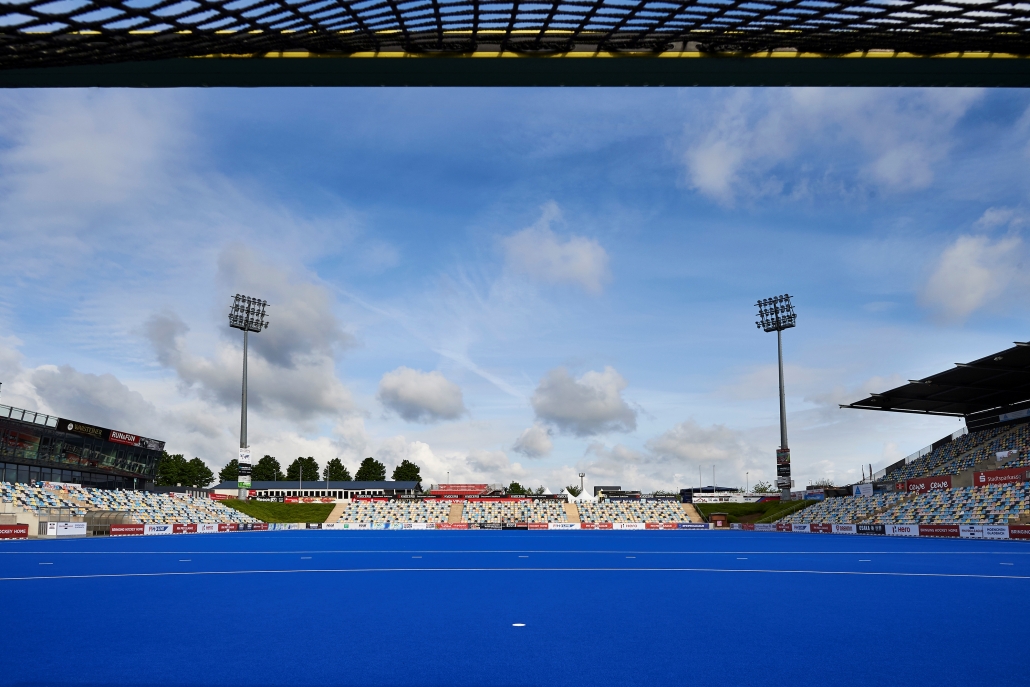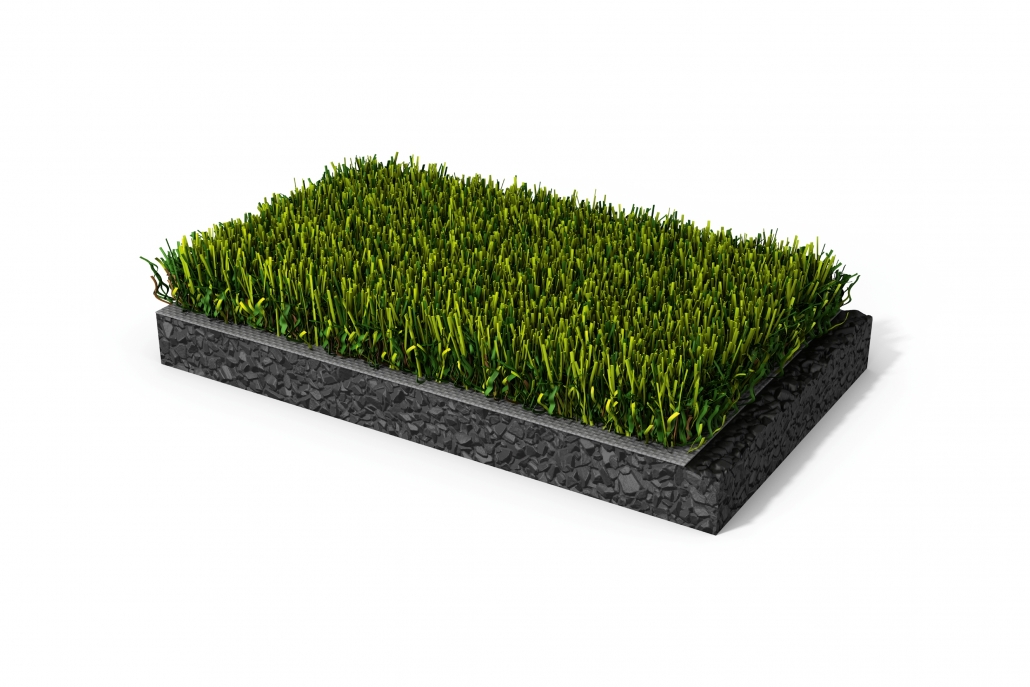Sport Group recycles synthetic turf in the future

The Sport Group is one of the world’s leading companies in the field of synthetic sports surfaces. With its subsidiary Polytan, the company has a high market share in the construction of artificial turf pitches and running tracks. Now the Bavarian company is also entering the recycling business. The newly founded subsidiary FormaTurf will turn […]
The first CO2-neutral football turf

LigaTurf Cross GT synthetic turf made from bio-based plastic The first CO2-neutral football turf The LigaTurf Cross football turf has become an absolute model of success since it was launched on the market. The high demand it enjoys can be attributed to the special combination of smooth and textured synthetic turf fibres in one system. […]
High-tech sports surfaces made from sus-tainable raw materials

Polytan presented Green Technology at FSB 2019 High-tech sports surfaces made from sustainable raw materials How sustainable can modern high-tech sports surfaces made from synthetic material get? Polytan gave the answer to that question at this year’s FSB in Cologne, the leading international trade fair for public space, sports and leisure facilities. There the Burgheim-based […]
Polytan presented the unfilled LigaTurf Motion synthetic turf at FSB 2019:

Polytan presented the unfilled LigaTurf Motion synthetic turf at FSB 2019: Three yarns, no infill A highly functional synthetic turf system for football that doesn’t use infill crumb? Thanks to Polytan, what was previously only standard in field hockey is now also finding its way into the world of amateur and professional football. LigaTurf Motion, […]
New LigaGrass Synergy synthetic turf for clubs and local communities:

50 per cent less rubber granulate infill Constant product innovations in our own research and development laboratories make it possible for the new generation of LigaGrass Synergy synthetic turf from Polytan to need a further 50 per cent fewer infill granules than its LigaGrass Pro CoolPlus predecessor – which already had a reduced amount of […]